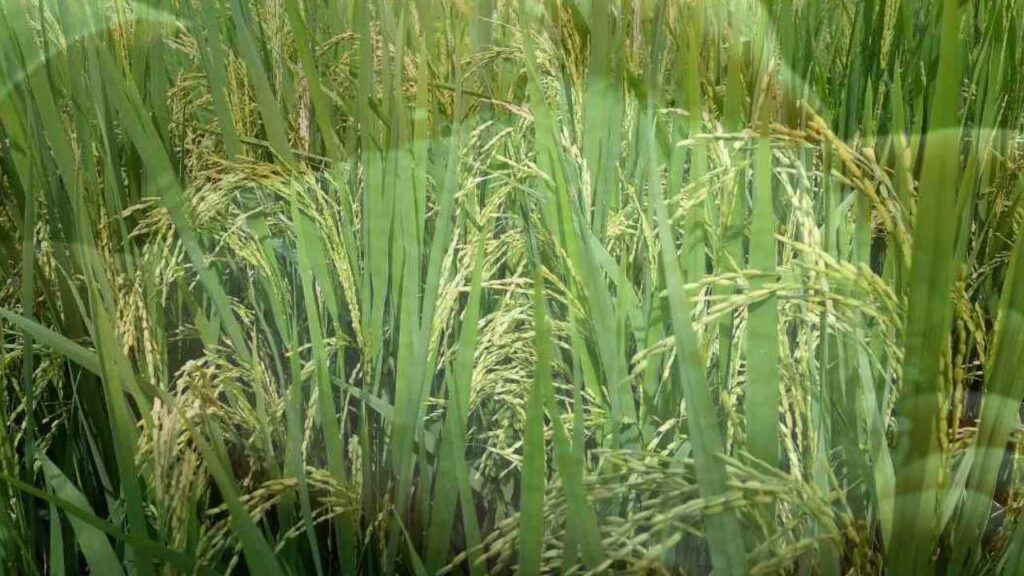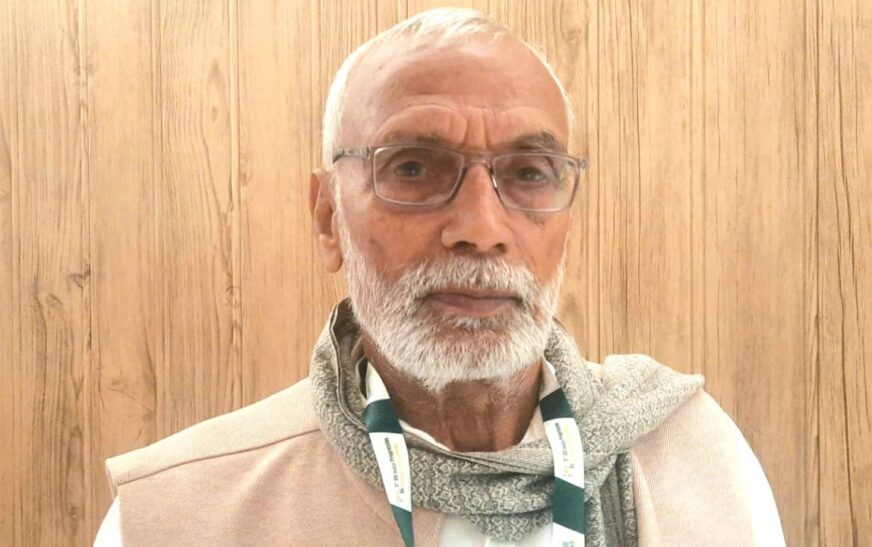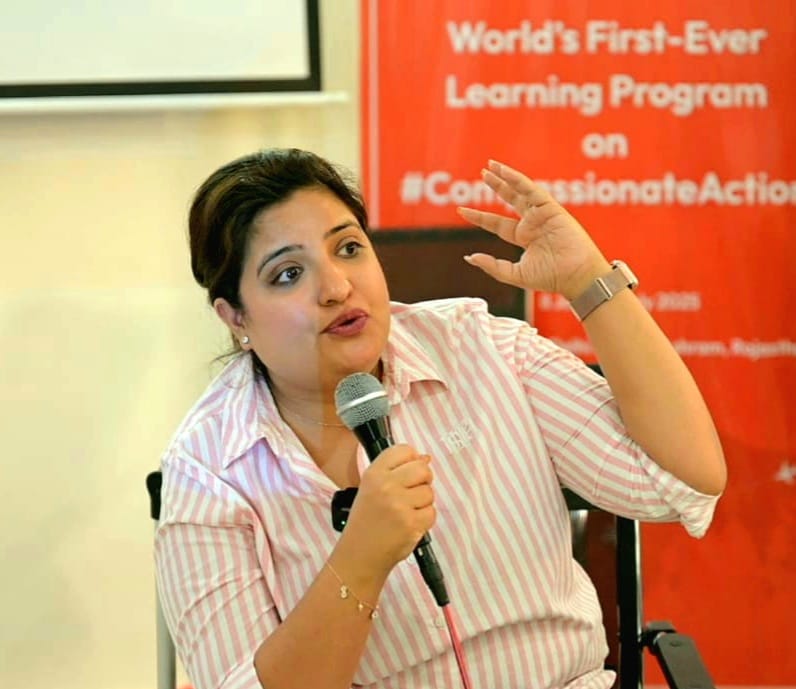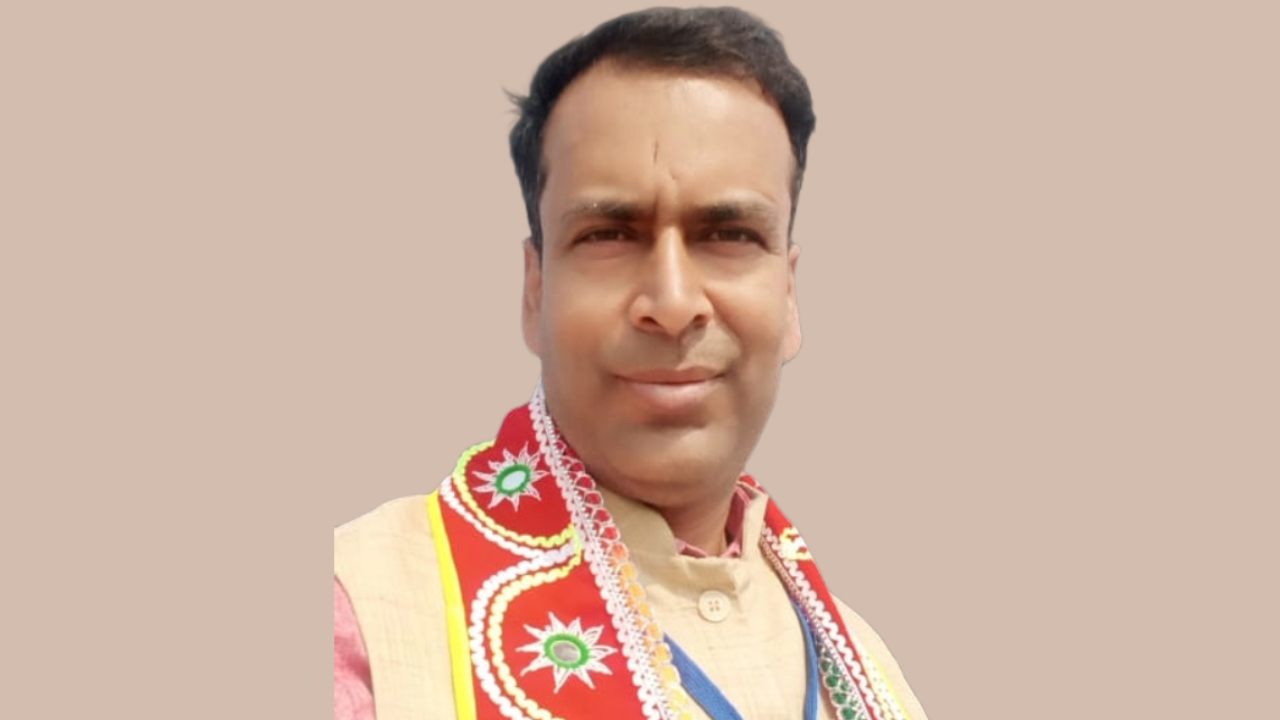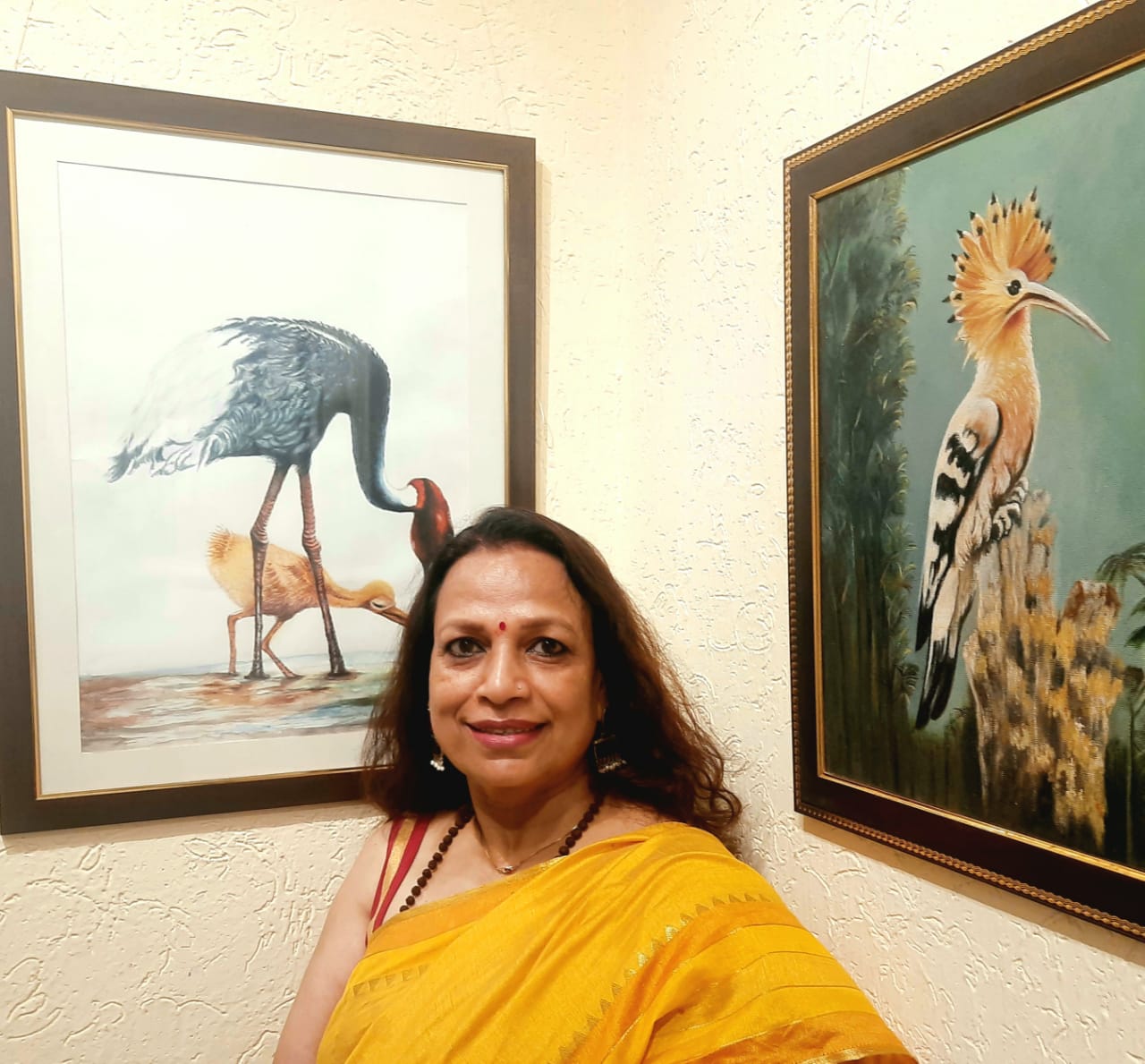Dr. Bharat Bhushan Tyagi is a visionary farmer, educator, and trainer specializing in organic farming, based in Bulandshahr, Uttar Pradesh. He holds an honorary Doctor of Science degree from the esteemed G.B. Pant Agricultural University of Agriculture and Technology, Uttarakhand. A pioneer in Indian organic farming, Dr. Tyagi has developed a unique approach to agriculture. His success in organic farming is matched by his dedication to training thousands of farmers—over 80,000 to date. He also offers these training programs free of charge, with the clear objective of empowering farmers to become self-reliant (Atmanirbhar).
Dr. Tyagi’s exceptional contributions to organic farming have earned him numerous accolades, including the Progressive Farmer Award in 2008 and 2012 from IARI, the Dharti Mitra Award in 2017, and the Padma Shri in 2019.
In an exclusive conversation with The Interview World, Dr. Tyagi discusses his work in agriculture, the recognition from the government and Panth University, and the vital role organic farming plays in ensuring food security and boosting exports. He also outlines the critical steps needed to enable farmers to benefit from sustainable farming practices while safeguarding food security. Additionally, he shares his insights on the importance of integrated farming. Below are the key highlights from this enlightening conversation.
Q: Can you share the key contributions you have made to agriculture that led to your recognition with the Padma Shri Award and the honorary doctorate degree from G.B. Pant University of Agriculture and Technology?
A: I began observing the progress of the Green Revolution in agriculture in 1987, which sparked my interest in organic farming. Over the years, I have achieved significant success in this field, driven by various factors. I studied nature’s potential, collaborated with scientists, and considered how organic farming could contribute to economic growth, both locally and nationally. Through this comprehensive approach, we documented our findings and submitted them to the Indian government. This work culminated in the Indian government awarding me the Padma Shri in 2019.
Following this, I continued my collaboration with scientists. In this context, I visited the G.B. Pant University of Agriculture and Technology, where I emphasized the need for universities to evolve. I urged them to rethink their research, technology, and educational approaches. The key shift, I suggested, was to prioritize nature over mere circumstances. Moreover, it was time to focus on the system itself. This sparked a significant debate, and ultimately, the university recognized the need for a guiding force like me. They awarded me the honorary degree, which I accepted with the understanding that change was essential. Together, we can bring that change to our agricultural practices.
Q: The Green Revolution significantly boosted agricultural productivity and ensured food security in India. In your opinion, can organic farming play a key role in maintaining food security while also boosting exports?
A: The solution lies in changing our mindset. For too long, we’ve focused on increasing the yield of a single crop. However, nature does not operate on the principle of monoculture. Instead, nature thrives on biodiversity—growing multiple crops in a single field. When we adopt this approach, production improves, quality rises, and water is conserved.
The core issue is that scientists have been focusing too narrowly on individual crops. To feed our growing population and strengthen the economy, we must also align with nature’s principles. These principles show us that planting multiple seeds in one field leads to greater variety and abundance. By embracing this natural science, we can avoid the risks associated with monoculture farming. Focusing solely on one crop increases the likelihood of failure.
Q: What steps can be taken to ensure that farmers benefit from sustainable farming practices while also safeguarding food security?
A: The path forward for farmers lies in reclaiming control over their agriculture. Currently, the market dictates farmers’ rights—control over what they sell, at what price, and how their produce is processed, valued, and marketed. So, what can we do? Instead of reducing farmers to mere producers, we must elevate them into successful entrepreneurs. This doesn’t mean eliminating business, but rather starting from the foundation: quality production. We must focus on certification, value addition, processing, sorting, grading, and packaging to ensure that the products meet market standards. By doing so, we can secure both the business’s success and the farmer’s well-being.
Q: What is your perspective on integrated farming, and how do you think it can benefit farmers?
A: An integrated approach involves combining various agricultural activities—such as animal husbandry, bee farming, pisciculture, horticulture, and herb culture—as opportunities for farmers. By integrating these practices with traditional farming, farmers can unlock significant benefits. This diversification not only strengthens the economy but also safeguards the environment, mitigates the effects of global warming, improves land and water quality, and enhances health outcomes. Without understanding nature’s principles, sustainability will remain a challenge. Ultimately, this is the essence of nature’s wisdom.
